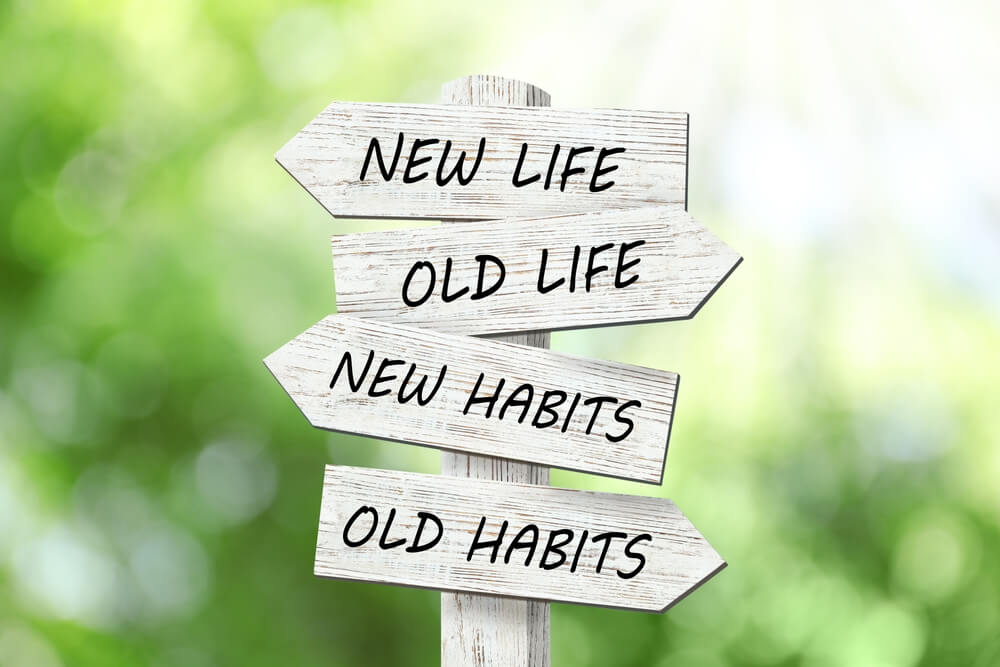Although many cultures are familiar with alcohol and drink it on festive occasions, it turns out that alcohol really isn’t that good for the human brain or body. Especially when people use it to numb out or try to ignore painful situations in their lives. Not only are there negative short-term effects, but long-term use can damage your brain and other organs in your body.
If you or a loved one is suffering from any form of addiction or abuse, please call Sylvan Detox at (818) 308-3099.
Alcohol’s Neurological Impacts
Drinking too much over time causes damage to your liver and digestive system, to the point where they can no longer process the alcohol that you’re drinking. Once you’re drinking and not eating, you end up without the nutrients that you need like folate (vitamin B9), thiamine (vitamin B1), and others. Long-term effects of alcohol on the brain lead to brain damage and neurological diseases such as these:
- Alcoholic myopathy is the breakdown of certain muscles. This can result in muscle pain or weakness, especially when you wake up after drinking. It can affect your heart (cardiomyopathy) so that it doesn’t pump blood as it needs to, and it also may cause your kidneys to fail when they can no longer process the results of your muscles breaking down.
- Alcoholic cerebellar degeneration, or the loss of tissue in your brain. Over time you could lose the ability to walk, or you might have difficulty with eye movements and your gait.
- Alcoholic neuropathy, or the deadening of nerves. You might feel numbness, tingling, or burning sensations. Eventually, you might have problems walking, or have a hard time with bowel or bladder function.
- Wernicke-Korsakoff (“wet brain”) syndrome is a combination of two brain diseases caused by insufficient thiamine. You might not be able to think straight, be confused, have muscle tremors, or not be able to control them at all. The syndrome also involves memory problems and hallucinations.
- DTs when you suddenly stop drinking. Hallucinations are also common in delirium tremens, as is confusion. You may also experience severe irritability and seizures.
9 Long-Term Effects of Alcohol on the Brain
Drinking too much can have serious consequences, including death – 140,000 Americans on average die each year due to alcohol-related causes. But short of death, there are other significant problems from drinking too hard for too long.
- Increased potential for strokes
Drinking can often lead to cardiovascular disease, which increases the chances of having a stroke. You can have a stroke when your brain doesn’t get oxygen because something happens to the blood supply in a certain area.
- Increase in accidents and head injuries
Alcohol also impairs your judgment, because your neurotransmitters aren’t as effective when you have too much alcohol in your system. This results in more accidents and head injuries because you’re not thinking straight and aren’t able to analyze risk the way you can when you’re sober.
- Mood swings
Because your neurochemical balance is thrown off by alcohol, you may experience sudden bouts of irritability and sometimes paranoia as well.
- Sleep problems
Ironically, many people believe that if you have trouble sleeping that you should drink alcohol. However, although you may fall asleep faster, you’re likely to wake up at night and have difficulty getting deep, restful sleep.
- Depression
Alcohol is a depressant and can cause or make a case of depression worse.
- Anxiety
Similarly, you might become more anxious after drinking for a while. Alcohol can also result in memory loss or other memory issues, which can feed into anxiety.
- Dementia
Because your drinking affects your heart, if you’re a long-time drinker you may have a higher risk for dementia. Heart problems such as those caused by alcohol also increase dementia risk, whether it’s through Wernicke-Korsakoff syndrome or a different type of dementia.
- Hallucinations and psychosis
Believing that you are god, or conversely that someone’s out to get you, is typical of people suffering psychosis. Seeing or hearing something that isn’t there is what hallucinations are about, and both of these are risks when you drink too much alcohol.
- Alcohol use disorder
You may become emotionally and physically dependent on alcohol after you use it for a long time and drink heavily. Maybe you can’t face a day at work or school without a drink before and during. Or you can’t keep your promises because you’re too busy with drinking, and you keep drinking even when problems become severe, such as losing contact with your family or being arrested. If you have this disorder, you will likely face serious physical consequences if you try to stop drinking cold turkey.
Can the Effects of Alcohol On Our Bodies Be Reversed?
Even though the long-term effects of alcohol on the brain and body can be severe, the good news is that once you stop drinking you can start to repair much of the damage. Abstinence is the best way to help your body heal from the effects of drinking so that there is no alcohol remaining in your body causing changes in your brain or anywhere else.
Some effects are more easily reversed than others. If “wet brain” is caught early enough and you get thiamine supplements, you may be able to return to normal functioning. (Unfortunately, if you’ve been out of thiamine long enough due to persistent malnutrition, you may still experience some symptoms after you stop drinking.)
Quitting the bottle (and getting healthy food and exercise) can often take care of high blood pressure and irregular heartbeat, as well as mood swings, depression, and anxiety for some people. Others may need some medication for underlying mental health conditions.
Other long-term effects may not be able to resolve completely, typically in people who’ve had long careers of heavy drinking. While your liver can bounce back pretty quickly if you get help soon, it can be permanently damaged and you might lose some function if the alcohol use goes on too long. Cardiomyopathy, the weakening of the heart muscles, may not fully resolve even after you’ve been abstinent for a year or so.
Another area that may be permanently damaged is in that relationship. If you’ve lost a job or a spouse due to drinking, you may not be able to recover either.
The sooner you get help, the better. You might be able to completely heal your body from the damage that alcohol has done to it. If you can’t completely heal, you should still be able to function pretty normally once you’ve stopped drinking and addressed other problems. It’s true for relationships as well: the sooner you’re able to understand the damage you’ve done while drinking, the sooner you can make amends and develop new and better relationships with your loved ones.
Sylvan Detox: Get Help and Get Better Today
If you (or your loved one) are suffering from alcohol use disorder, it’s important to reach out as soon as possible. Our luxurious facility provides detox and residential treatment, and we can recommend one of our partners in outpatient care if your individualized care plan indicates that outpatient is a good solution for you. We provide you with safety and security as you go through the process.
In addition to behavioral therapies such as cognitive behavioral therapy and dialectical behavioral therapy, we also offer massage and breathwork therapy. We use trauma-informed methods as well, to ensure that we address the trauma which likely led to the alcohol use disorder in the first place and avoids retraumatizing you.
It’s time to undo the long-term effects of alcohol on the brain as well as the short-term ones. Contact us so we can help you start your alcohol-free path to the joyous and sober life that you want and deserve.

